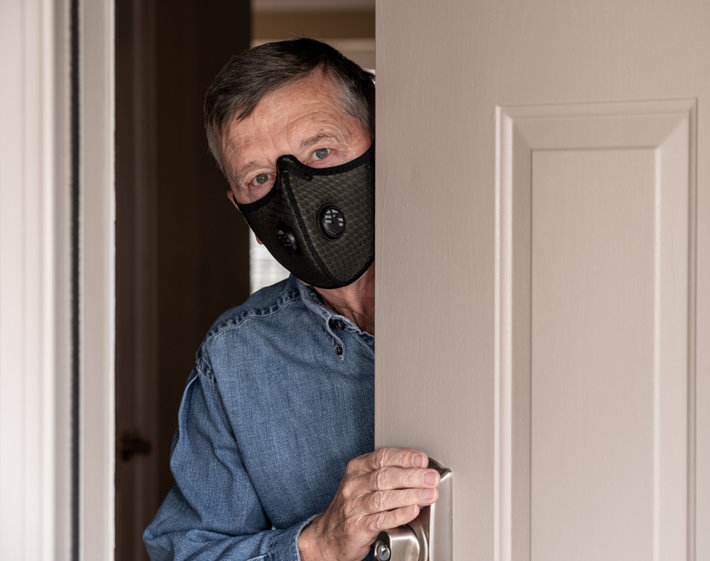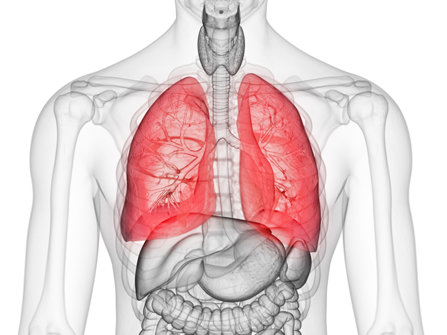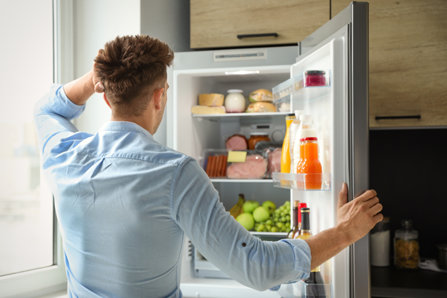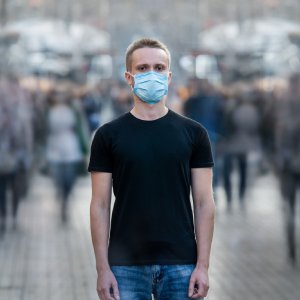What to Do Right Now to Improve Your Resistance to Disease

Right now in 2020, we find ourselves in a situation that could seem quite unusual—watching and taking part in extreme measures to halt the spread of the coronavirus.
A person in recovery from addiction to drugs or alcohol would be very smart to put a little more attention than average on their resistance to illness. In part, this is because the years or even decades spent addicted to any substance takes a toll on one’s health. Boosting one’s resistance to illness is always a wise move, especially if there is any reason to think that your resistance might be below average.
How do drugs damage our resistance? Here's some specifics.

- Marijuana: Affects lungs, possibly causing bronchitis. A marijuana smoker may be more likely to get lung diseases like pneumonia. Cannabis also directly reduces the function of the immune system, along with opioids and alcohol.
- Opioids: Slows the function of the lungs. Opioid users are subject to tuberculosis and pneumonia at higher rates than the average population.
- Morphine: Impairs the ability of the body to produce natural killer (NK) cells which fight viruses and cancer. (Note that heroin converts into morphine once it’s in the body.)
- Alcohol: Affects the brain and central nervous system. Alcoholics are also more prone to hepatitis C.
- Cocaine: Stresses the heart and cardiovascular system. Also negatively affects the thymus gland which is important in maintaining immunity.
- Injecting any drugs: Often damages immunity by introducing hepatitis C, HIV, Salmonella or other infections into the body, which creates a burden on the immune system.
Sobriety removes these negative influences from having an immediate effect on the body but it may take a while to rebuild a healthy immune system.
Here’s some steps you can take to improve immunity. If you are in recovery from a long time spent addicted, it’s more important than ever that you give your immune system a boost.

- Take a look at your diet. It’s not necessary to make huge changes to get a benefit. Just try to include more fresh fruit and vegetables and fewer packaged or fast foods. Drink enough water as this is the way your body can cleanse away toxins. The U.S. Department of Health and Human Services recommends boosting your immune system with the nutrients in foods like these:
Vitamin C found in leafy green vegetables, peppers, strawberries, oranges, grapefruit and papaya
Vitamin B6 found in both bananas and chickpeas
Vitamin A-rich foods like carrots, pumpkin, squash and sweet potatoes
Vitamin E, folate, and iron which can be found in broccoli, peas, and leafy greens like spinach and kale
Selenium which is present in both broccoli and garlic
Zinc which can be obtained from chickpeas and some types of beans - Get some exercise every possible day. It improves both mental and physical health to look around outside, get some sunshine and run fresh air through your lungs. If you are not able to get outside, there are hundreds of exercise videos available on YouTube or streaming services. Or you could purchase a preferred video in an online store and watch it at home. If exercise is not your favorite thing, it might take some discipline to get started but it will get easier as your mind and body get used to the routine.
- Spend your time with positive people. Avoid those people who make you feel little or who criticize your accomplishments and dreams. If you are not able to be in the same room with people who make you feel good about yourself, call, email or text them. Video calls (free with various online services like Skype or Facebook Messenger) are the closest thing to being physically with a person. Better yet, once you’re in touch with them, stay in touch with them.
- See if you can think of ways to direct your life toward goals or accomplishments that are dear to you. Forward progress can be in small steps. If some attempts don’t result in the progress you want, regroup and think of another way to move things forward. And try not to criticize yourself for lack of progress. Achieving any goal, large or small, involves a lot of learning. Small steady improvements will improve your morale and that is good for your physical health.
- Make sure that you associate with sober friends who are successful in life and in their relationships. This right here might clean up your life quite a bit and that helps you stay healthy and away from physically or mentally unhealthy people.
- If you smoke cigarettes, it would be a good time to stop. According to the Centers for Disease Control and Prevention, “Smokers’ overall health is worse and they are sick more often than nonsmokers…Smoking harms the immune system and can make the body less successful at fighting disease.”
- Get enough sleep every night. Many people also find that it is important to start sleeping at at the same hour every night. You might find sleep that begins before midnight to be more restful than sleep that starts later, even if you sleep the same number of hours.

Here’s the basic message: There is so much you can do to increase the power of your own immune system.
You’ve gotten sober and that is senior to any other improvement you could possibly make. Now maybe it’s time to give your immune system some support by implementing some of these suggestions. Your immune system will reward you by helping you resist the effects of illnesses you might be exposed to.
Sources:
- https://www.narconon.org/drug-abuse/signs-symptoms-marijuana-use.html
- https://www.narconon.org/drug-abuse/signs-symptoms-cocaine-use.html
- https://www.hiv.va.gov/patient/daily/alcohol-drugs/immune-system.asp
- https://link.springer.com/chapter/10.1007/978-0-387-72573-4_37
- https://www.ncbi.nlm.nih.gov/pmc/articles/PMC3601186/
- https://onlinelibrary.wiley.com/doi/abs/10.1002/rmv.508
- ww.drugabuse.gov/publications/research-reports/heroin/what-are-immediate-short-term-effects-heroin-use
- https://www.sciencedaily.com/releases/1997/04/970423114328.htm
Reviewed and Edited by Claire Pinelli ICAADC, CCS, LADC, RAS, MCAP


 ®
®